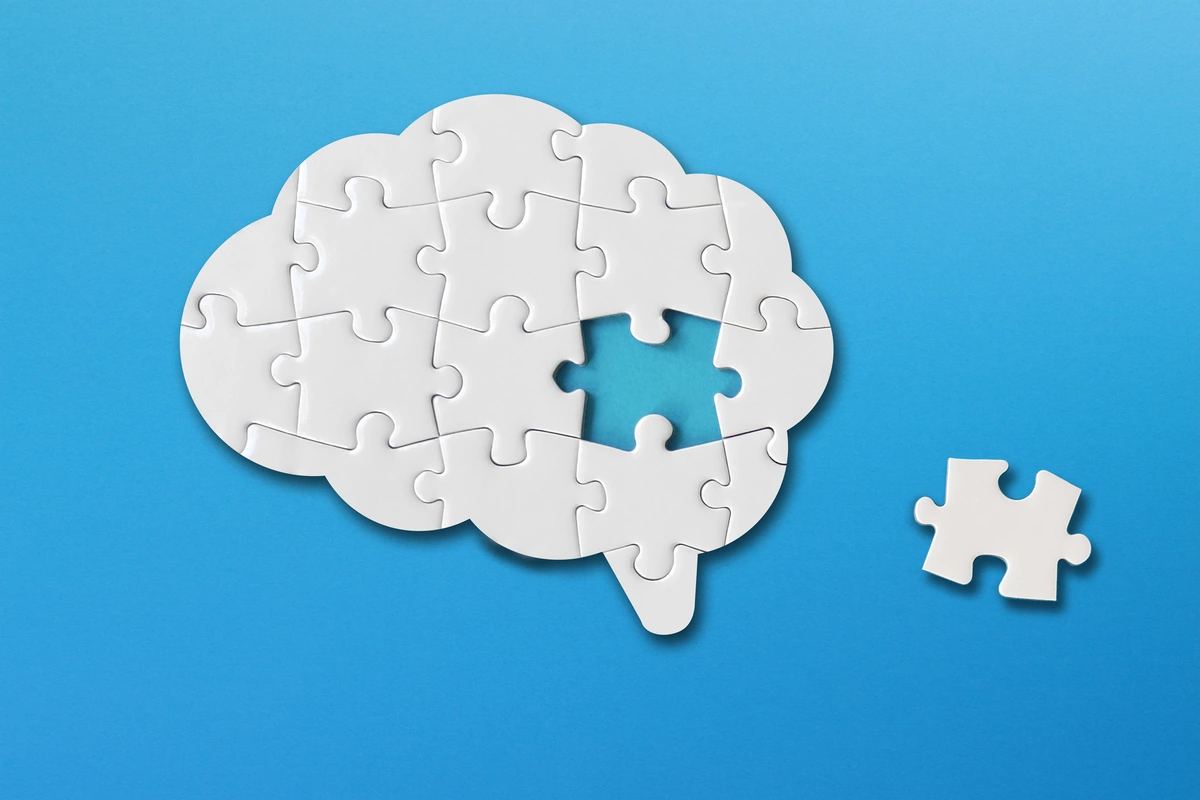In recent years, the conversation around cannabis has undergone a huge transformation, with a wave of decriminalization and legalization sweeping across the globe. Since Uruguay became the first country to fully legalize cannabis in 2013, many countries have followed suit. In the United States, numerous states have embraced the medicinal and recreational use of cannabis, marking a significant shift in societal attitudes.
Europe has seen similar movements, with Portugal decriminalizing cannabis in 2001 and countries like the Netherlands and Spain adopting more liberal cannabis policies. The United Kingdom maintains a medical cannabis program, albeit with stringent regulations. In Asia, Thailand has fully legalized cannabis and has over 7,000 shops.
These legislative changes across various regions reflect a growing consensus on the benefits of cannabis, particularly its therapeutic applications. However, they also underscore the necessity of addressing cannabis addiction. As the substance becomes more accessible and its consumption more socially acceptable, recognizing the signs of misuse and providing effective recovery strategies become paramount.
Aside from alcohol, cannabis is the world’s most widely consumed psychoactive substance.[1] This shift in perception has brought about a greater acceptance of its use in society; however, it also highlights an issue that is often overlooked. While cannabis is lauded for its therapeutic benefits and relative safety compared to other substances, the reality is that, like any drug, it holds the potential for misuse and addiction.
Understanding cannabis addiction is essential, not just for those who use the substance, but for the recovery community and society in general as we navigate this new landscape of legalization and acceptance. By becoming aware of the signs and symptoms of cannabis addiction and exploring effective strategies for recovery, we can offer hope and guidance to those who find themselves struggling.
Resources:
[1] https://www.who.int/teams/mental-health-and-substance-use/alcohol-drugs-and-addictive-behaviours/drugs-psychoactive/cannabis
Understanding Cannabis Addiction
Cannabis addiction can present in various ways, such as:
- Increased tolerance and using cannabis more often to achieve the same effects: As with many substances, regular use of cannabis can lead to the body adapting to its presence. Over time, users may find they need to consume larger amounts to feel the desired effects, a clear sign of developing tolerance. This often leads to increased frequency of use, further entrenching the addiction.
- Withdrawal symptoms, including:
- Irritability: A common withdrawal symptom, irritability reflects the body’s reaction to the absence of THC, the psychoactive component in cannabis. It can affect mood and temperament, making even small annoyances feel overwhelming.
- Sleep disturbances: Many use cannabis for its sedative effects, so when trying to cut back or quit, they may find falling or staying asleep more difficult. This can lead to a cycle of using cannabis as a sleep aid, reinforcing dependence.
- Appetite changes: THC interacts with receptors in the brain that can stimulate appetite. Upon withdrawal, individuals may experience a significant decrease in appetite, which can be distressing and uncomfortable.
- Persistent desire to cut down or control use but being unable to do so: This is a hallmark of addiction. Despite recognizing the negative consequences of their cannabis use, individuals may find it incredibly challenging to reduce consumption or stop altogether. This struggle often exacerbates feelings of guilt and helplessness.
Beyond the physical signs, cannabis addiction impacts psychological and social well-being:
- Mood swings and decreased motivation: Regular cannabis use can dull the emotional spectrum, leading to mood instability and a lack of motivation. This can affect all areas of life, from the inability to complete tasks to a general disinterest in future planning.[2]
- Difficulties with memory and concentration: Cannabis has been shown to affect short-term memory and the ability to focus. Over time, this can compromise job performance, academic achievement, and the capacity to engage in meaningful personal projects.[3]
- Social withdrawal: As cannabis takes a central role in people’s lives, they may start avoiding social situations where cannabis isn’t present or withdraw from relationships with friends who don’t use it. This isolation can deepen the addiction, as the substance becomes a primary source of comfort and relief.
- Increased risk of mental health issues: Researchers have found many links between cannabis use and serious mental health conditions. It is a risk factor for schizophrenia and is involved in around 50% of psychosis, schizophrenia, and schizophreniform psychosis cases.[4] People with anxiety disorders are at increased risk of using the substance; however, the reasons behind this are unclear.[5] Its use has been linked to more extreme episodes of bipolar disorder, and it’s also associated with an increased risk of depression.[6][7]
Resources:
[2] https://ajp.psychiatryonline.org/doi/full/10.1176/appi.ajp.161.11.1967
[3] https://www.sciencedirect.com/science/article/abs/pii/S0924977X20300614
[4] https://www.ncbi.nlm.nih.gov/pmc/articles/PMC3927252/
[5] https://pubmed.ncbi.nlm.nih.gov/19693792/
[6] https://www.ecnp.eu/presentationpdfs/68/P.2.d.055.pdf
[7] https://jamanetwork.com/journals/jamanetworkopen/fullarticle/2804450

The Science Behind Cannabis Addiction
Cannabis addiction stems from how tetrahydrocannabinol (THC), the psychoactive component of cannabis, interacts with the brain. THC binds to cannabinoid receptors, altering mood, perception, and various psychological and physical processes. Over time, regular use can lead to changes in the brain’s reward system, increasing the user’s dependence on cannabis to feel pleasure or avoid discomfort.
Despite cannabis not producing extreme physical withdrawal symptoms like alcohol or opioids, regular cannabis use has been shown to cause physical changes in the brain, namely the hippocampus.[8] The acute effects of THC on mood, perception, and cognition are well-documented, but it’s the long-term alterations in the brain’s reward system that underpin cannabis addiction.
Chronic exposure to THC can desensitize the reward circuitry, necessitating increased cannabis consumption to achieve the same pleasurable effects, a phenomenon known as tolerance. Concurrently, this dysregulation of dopamine pathways can diminish the natural ability to experience pleasure from non-cannabis-related activities, further entrenching dependence.
The psychological grip of cannabis addiction is strengthened by its role as a maladaptive coping mechanism for underlying mental health issues such as stress, anxiety, and depression. This reliance creates a psychological feedback loop, where the use of cannabis to alleviate distress only perpetuates the cycle of dependence and hinders the development of healthier coping strategies.[9]
Resources:
[8] https://www.ncbi.nlm.nih.gov/pmc/articles/PMC5068875
[9] https://www.cambridge.org/core/journals/psychological-medicine/article/abs/association-between-cannabis-use-and-depression-a-systematic-review-and-metaanalysis-of-longitudinal-studies/B144B7AE5A3D973289DBDD99ADE21E58

Strategies for Recovery
Recovering from cannabis addiction is a journey that requires a blend of acknowledging the problem, seeking professional guidance, engaging in self-help strategies, and leveraging the power of support systems. While challenging, achieving lasting recovery is within reach with a well-rounded program that addresses both the physical cravings and the psychological reliance on cannabis.
Understanding the dual nature of cannabis addiction is essential for addressing it effectively, and a recovery plan must take a comprehensive approach to address the underlying reasons for use, offer coping mechanisms for withdrawal symptoms, and provide long-term strategies to help rewire the brain’s reward system.
The initial and often most difficult step in this journey is recognizing the addiction. In a world where cannabis use is becoming increasingly acceptable, acknowledging its adverse effects requires significant introspection and courage. This acceptance is not a moment of weakness but a pivotal turning point where the journey of meaningful change can begin.
Professional treatment can play an important role, offering tailored therapy, counseling, and specialized guidance that addresses cannabis misuse directly. Techniques such as motivational enhancement (MET) and cognitive-behavioral therapy (CBT) are instrumental in unpacking the addiction, helping people to identify triggers, understand their addiction’s roots, and forge new, healthier coping strategies. One study found that just two sessions of MET or CBT helped people reduce their cannabis use.[10]
Beyond individual therapy, support groups like Marijuana Anonymous create a community of understanding and accountability, essential for those navigating the complexities of recovery.
Alongside professional assistance, self-help strategies offer tools and daily practices to reinforce recovery efforts. Establishing a routine that includes exercise, hobbies, and engaging activities that promote satisfaction outside cannabis use is paramount. Additionally, incorporating mindfulness and meditation can significantly aid in managing stress and emotional triggers, providing a peaceful refuge without resorting to cannabis use.[11]
All of this, however, is only fully effective with the stability of a robust support system. The encouragement, empathy, and shared experiences from friends, family, and dedicated recovery communities form an invaluable network that brings motivation and understanding. Being open about one’s journey and sharing the struggles and successes underpins the commitment to recovery and underscores the collective strength found in shared endeavors.
Resources:
[10] https://www.sciencedirect.com/science/article/pii/S0740547220303445
[11] https://pubmed.ncbi.nlm.nih.gov/33798028/
Get Help for Cannabis Addiction Today
The recovery journey is unique for everyone and requires courage, commitment, and the willingness to seek help when needed. If you or someone you know is struggling with cannabis addiction, you’re not alone. Many have walked this path before you and found their way to a healthier, more fulfilling life free from addiction.
Crossroads Antigua is dedicated to supporting people on their journey to recovery. Our compassionate team and comprehensive programs offer the tools and guidance needed to overcome addiction and build a strong foundation for a sober future.
We encourage you to take the first step today. Reach out for help. Together, we can face the challenges of addiction and move towards a brighter tomorrow.

